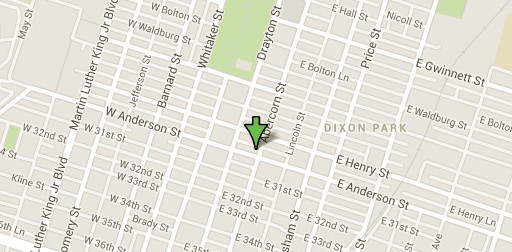One question people often ask about TMJ (temporomandibular joint disorders) is: how can a jaw dysfunction cause so many symptoms? Not only that, but the symptoms can be very widely distributed, from the top of the head to the tips of the fingers.
Let us help you understand this condition, and you’ll see how the symptoms of TMJ propagate through the body.

Nerve Connections
One of the most important ways that TMJ symptoms spread through the body is the nerves. A critical nerve connection is the trigeminal nerve. The trigeminal nerve is one of the most important nerves carrying information between the brain and the head and face. It’s also the trigger point for migraines.
Much of the work done by the trigeminal nerve is carrying information to and from the jaw muscles. When these muscles get stressed, they tell the trigeminal nerve. The trigeminal nerve can potentially become sensitized to pain information, which can lead it to “overstate” the pain information to your brain. This can make you feel regular sensations as pain. In addition, an overwhelmed trigeminal nerve can release the proteins that set off migraines.
In other places, such as the fingers, pinching of nerves can lead to tingling and numbness. The nerves don’t cause this, though–the cause is actually your bones, by way of your muscles.
Interlinked Muscles
Another way that TMJ symptoms spread through the body is your densely interlinked muscle system. These muscles partner together to accomplish movements of the jaw and other bones. When the jaw muscles get stressed, they call more on the assistance of muscles in the head and neck. These muscles then get stressed, too. This leads to neck pain, shoulder, pain, upper back pain, and tension headaches.
The network of muscles is also interlaced with nerves that have to run among them. Sometimes these overworked or out-of-place muscles can put stress on your nerves, causing pain.
In addition, the muscle connections pass imbalance through the body. If your jaw is tilted, the muscles that move your jaw and support your head with connections in your neck work from that tilted framework, which can lead to a tilt in your shoulders, spine, and more.
Tilted Bones
Tilting of your spine, shoulders, hips, and more is not just about the appearance of your body. Poor posture can look odd, but it can also have functional effects. Our body is a closely interwoven composite of numerous systems, and nerves have to run under and through all of them. The biggest challenge for nerves is emerging from your spine and threading their way around and between various bones to reach the extremities of your body. There are several tunnels and other structures set up to accommodate these nerves, but they only stay open when your body is in its optimal consideration. When your body is out of alignment, these tunnels can narrow, putting pressure on the nerves, which can cause pain, tingling, and numbness.
Once the jaw impacts the orientation of your spine, shoulders, and other bones, it can potentially spread symptoms throughout your body.
Are You Experiencing TMJ Symptoms in the Hilton Head Area?
If you are experiencing TMJ symptoms, or symptoms you think might be related to TMJ, we can help. Please call (843) 706-2999 today for an appointment with a TMJ dentist at The Durham Office, offering Beyond Exceptional Dentistry in the Hilton Head area.




